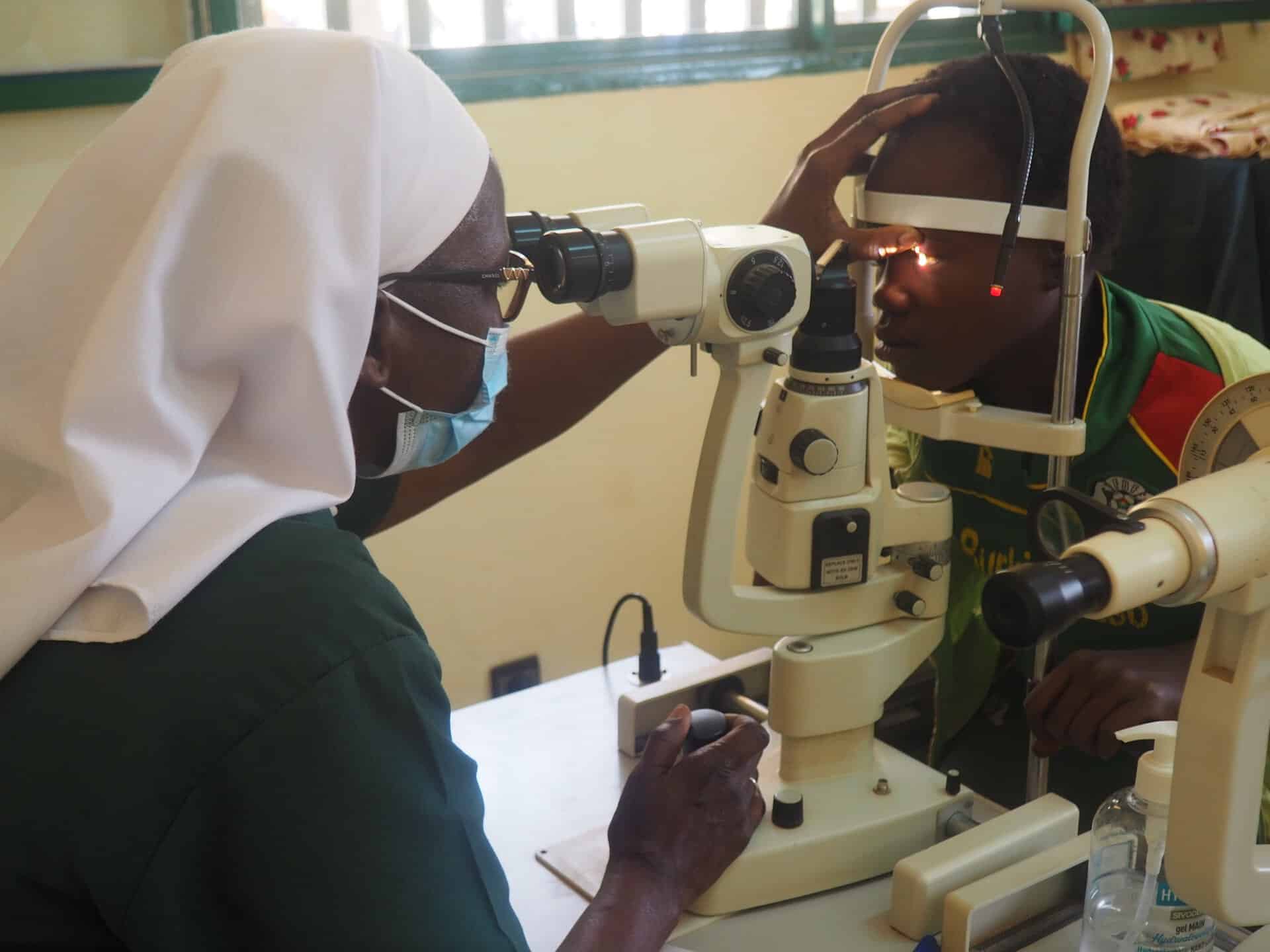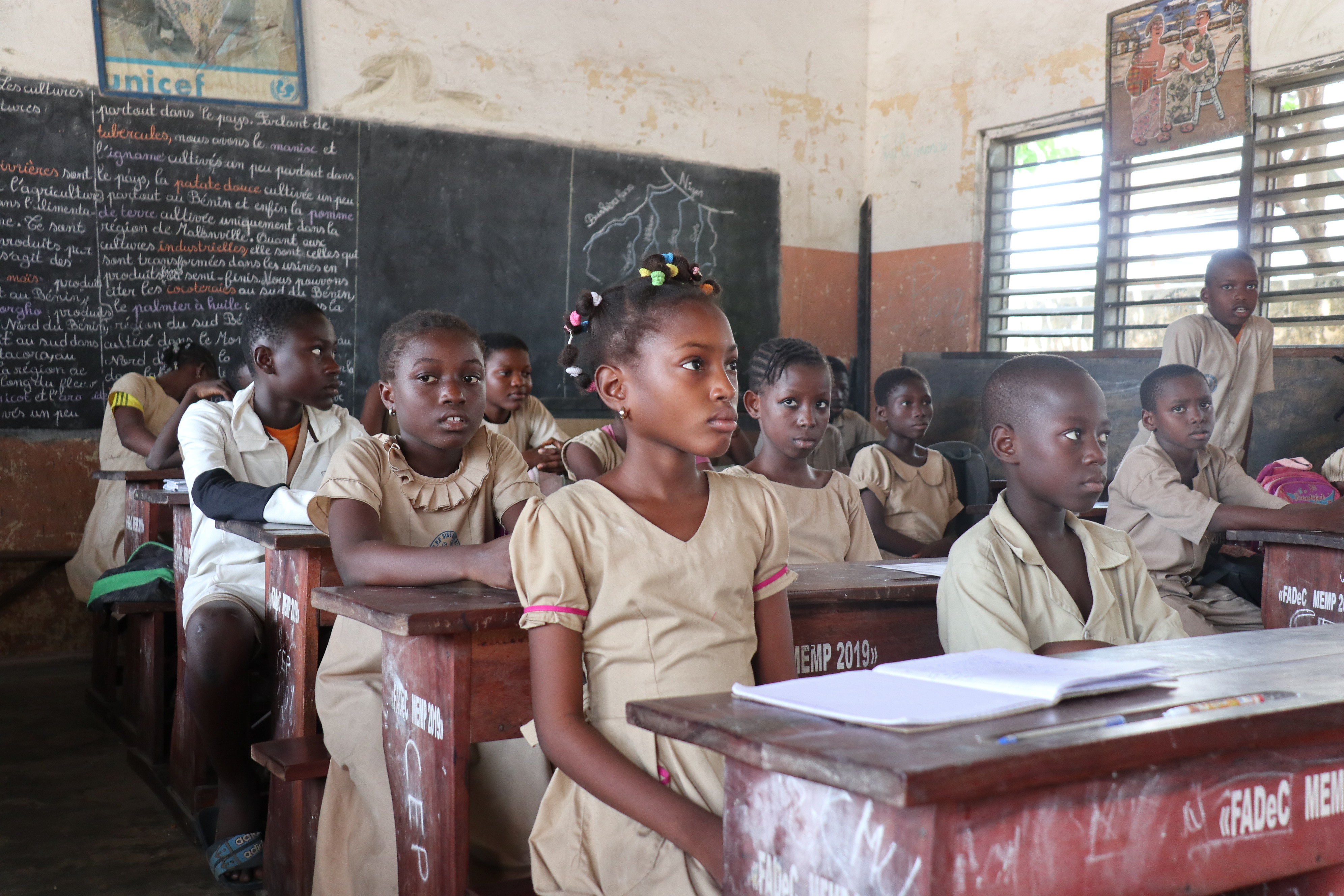On the occasion of World Health Day (April 7), Aide et Action reminds us that access to quality education for all is an essential weapon in the fight against malnutrition and the spread of "preventable" diseases.
Two years after the start of the COVID pandemic, the world is unfortunately still suffering from its after-effects and it is feared that it will continue to do so for a long time. Everywhere, poverty is increasing, inequality is exploding, famine is on the rise and so-called preventable diseases are on the rise. And the looming climate emergency is likely to increase epidemics, cancers, and diseases such as asthma. The first victims are and will be children.
Confined, without care or food
For the past few months, the youngest children have been deprived of care, basic health checks and vaccinations, and this will not go unnoticed. It is now estimated that under-five deaths, which had reached an all-time low of 5.2 million in 2019, are likely to increase due to disruptions in child and maternal health services. In addition, there is the threat of increasing hunger: 7 million more children (UNICEF 2020), in addition to the 150 million (WHO 2019) who were already stunted in 2019, could now die of malnutrition each year before the age of 5 as a result of the pandemic alone. How, under these particularly difficult conditions, can these children build, develop and learn to become active and autonomous citizens tomorrow? In view of the urgent health situation in the world, Aide et Action defends the idea of the fundamental role of education
Education creates sustainable behaviour
In the face of diseases, starting with covid-19, learning basic hygiene rules _ such as washing hands with clean water and soap _ is essential. Aide et Action is therefore building boreholes and installing sinks and soaps so that good hygiene habits are taught in schools from a very young age. The association is also building gender specific latrines to avoid open defecation, which is still responsible for more than 829,000 deaths (WHO) in the world. Our teams also organise vaccination campaigns in schools as well as regular medical check-ups, with the presence of nurses and doctors to guarantee access to care for the most vulnerable children. Faced with cases of malnutrition and the growing risk of their multiplication, Aide et Action is building school canteens in each school, which allow many children to have at least one hot meal a day. They also learn the basic rules of nutrition and pass them on to their parents. School gardens are also being developed to facilitate food production and raise awareness of the importance of a healthy and varied diet based on local produce. All of these initiatives show to what extent respect for the right to education is a guarantee of the right to care and health. Indeed, ensuring access to quality education provides young and old alike with essential knowledge that will enable them to adopt healthy behaviours, but also to create living conditions that are geared towards well-being, in a sustainable manner. These are new behaviours and attitudes which, in a world of constant change, where climate change-related diseases are unfortunately likely to increase, will be of vital importance for the future of people and the planet.



